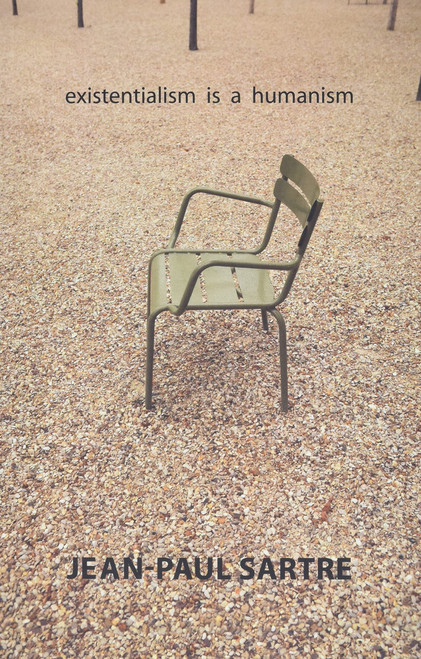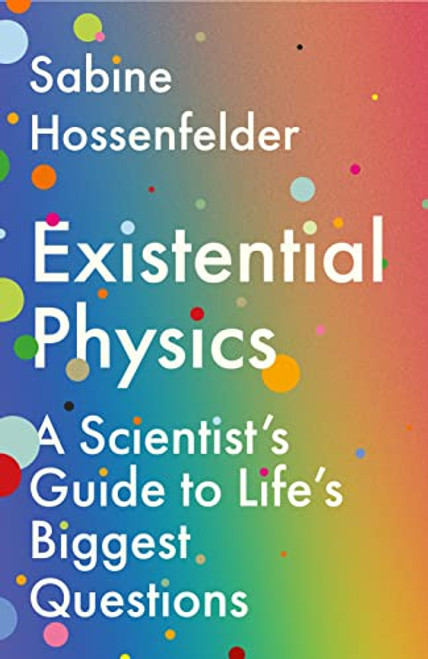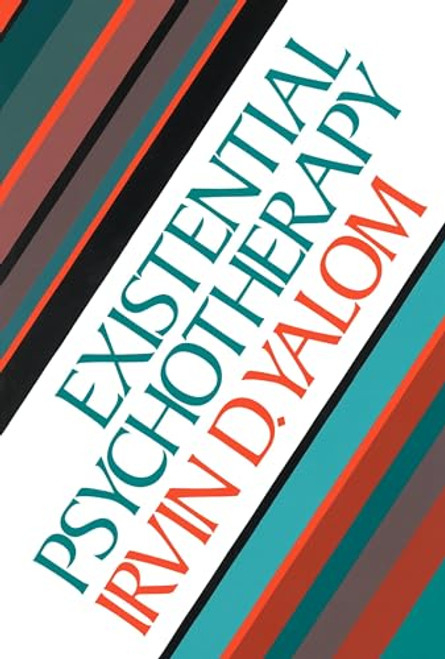A fresh translation of two seminal works of existentialism To understand Jean-Paul Sartre is to understand something important about the present time.Iris Murdoch Sartre matters because so many fundamental points of his analysis of the human reality are right and true, and because their accuracy and veracity entail real consequences for our lives as individuals and in social groups.Benedict ODonohoe, Philosophy Now It was to correct common misconceptions about his thought that Jean-Paul Sartre, the dominant European intellectual of the postWorld War II decades, accepted an invitation to speak on October 29, 1945, at the Club Maintenant in Paris. The unstated objective of his lecture (Existentialism Is a Humanism) was to expound his philosophy as a form of existentialism, a term much bandied about at the time. Sartre asserted that existentialism was essentially a doctrine for philosophers, though, ironically, he was about to make it accessible to a general audience. The published text of his lecture quickly became one of the bibles of existentialism and made Sartre an international celebrity. The idea of freedom occupies the center of Sartres doctrine. Man, born into an empty, godless universe, is nothing to begin with. He creates his essencehis self, his beingthrough the choices he freely makes (existence precedes essence). Were it not for the contingency of his death, he would never end. Choosing to be this or that is to affirm the value of what we choose. In choosing, therefore, we commit not only ourselves but all of mankind. This book presents a new English translation of Sartres 1945 lecture and his analysis of Camuss The Stranger, along with a discussion of these works by acclaimed Sartre biographer Annie Cohen-Solal. This edition is a translation of the 1996 French edition, which includes Arlette Elkam-Sartres introduction and a Q&A with Sartre about his lecture.
Existentialism Is a Humanism
Yale University Press
$12.49 - $20.45
- UPC:
- 9780300115468
- Maximum Purchase:
- 2 units
- Binding:
- Paperback
- Publication Date:
- 7/24/2007
- Author:
- Sartre, Jean-Paul
- Language:
- English: Published; English: Original Language; English
- Edition:
- Annotated
- Pages:
- 108












